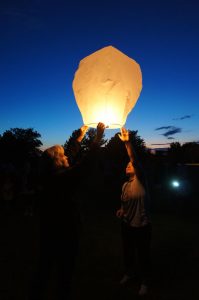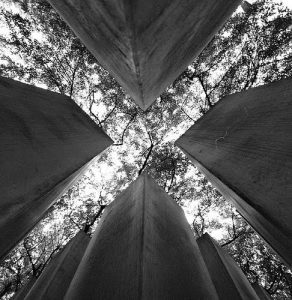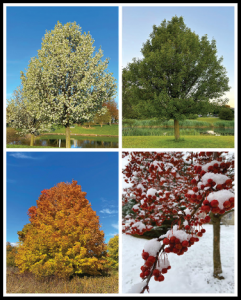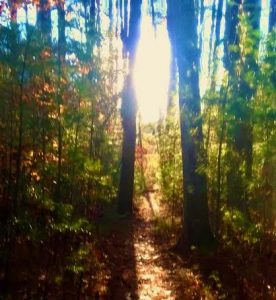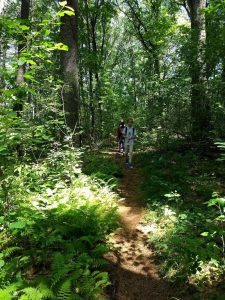Yesterday I wrote about connecting through books. Today’s words come from Tish Calhamer, the Community Engagement Librarian for the Gail Borden Public Library. Of course we connect through books And so much more. Music. She has been instrumental (pun intended) in Chamber Music on the Fox, and the amazing Violins of Hope program and display here in Elgin last year. Cooking. Restaurants. Gardening. Making the world a better place with things like the Martin Luther King Commission, the YWCA, Women on the Brink and so much more.
Here are her words about connections:
Not everyone is a big fan of Facebook, but I am. Facebook is seen as the invasion of privacy, the domain of trolls, Mark Z’s moneymaker. I love Facebook for one reason, one word: connection. Facebook has allowed me to connect with old high school friends that I didn’t even realize I wanted to connect with. I have connected with my cousins in the Dominican Republic that I lost touch with when our mothers were no longer around to keep family communication up and open. I have connected with people I don’t know but share things in common: people who like cats, grew up in Chicagoland, females born between 1965-1980 and weary of your crap; who love Johnny Cash and Scandinavian artists; looking for healthy recipes, looking for baby goats wearing pajamas, and looking for used bookshelves in decent condition (to be picked up safely in front of the police station.)
I remember talking and giggling with my best friend on the way to school, during school, and walking home from school. Then I’d stretch the cord of our putty-colored rotary phone from the kitchen into the hallway and talk and giggle until my dad would yell that I was going to yank the phone off the wall. The connection I had with my friend was stronger than the phone’s connection to the wall! Decades later, Liking a post or sharing a video of baby goats wearing pajamas brings me that same feeling of connection. A word or two tapped out on a friend’s page uplifts my spirits—I’ve reached out and now we’re not alone. We share a thought for a moment. We know that we are in each other’s thoughts and hearts. We abide in our connection even after clicking on the X on the screen.
Tish Calhamer


